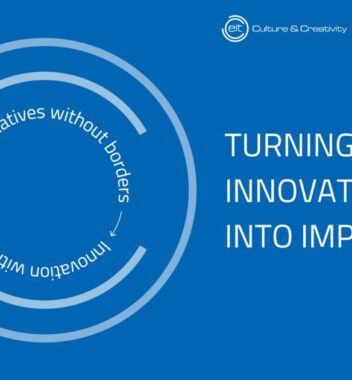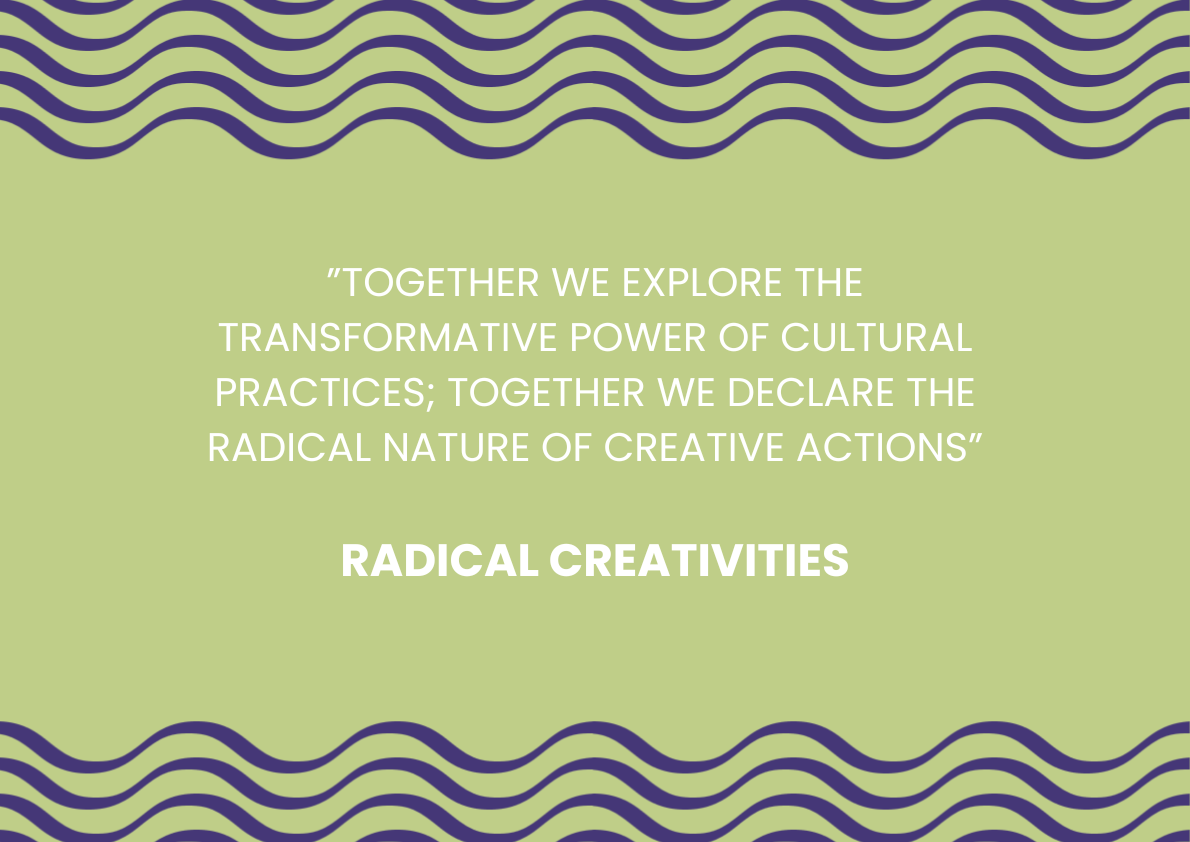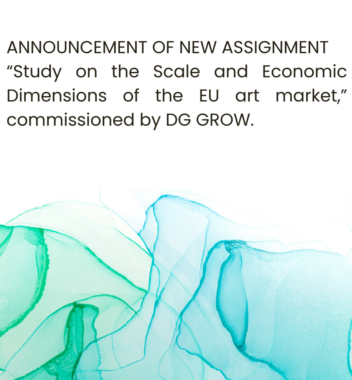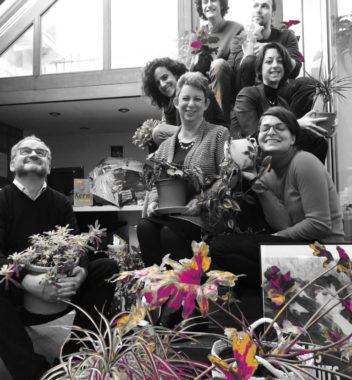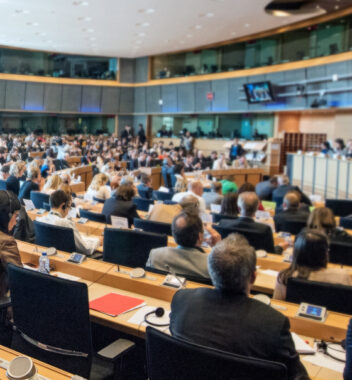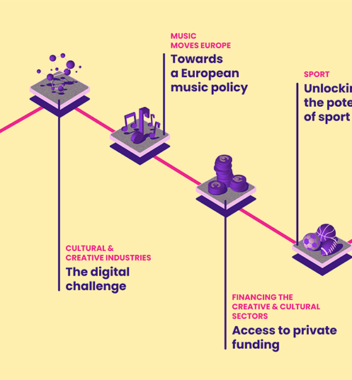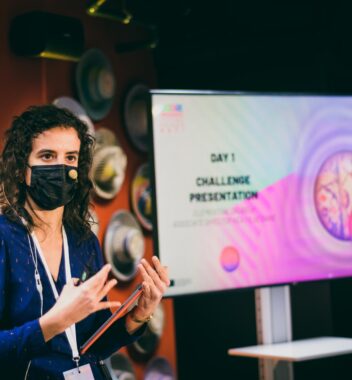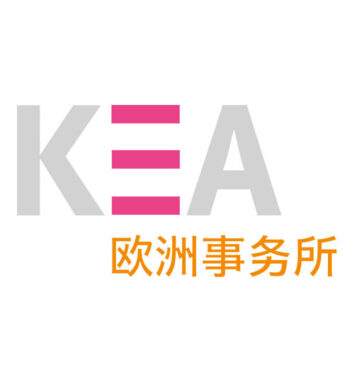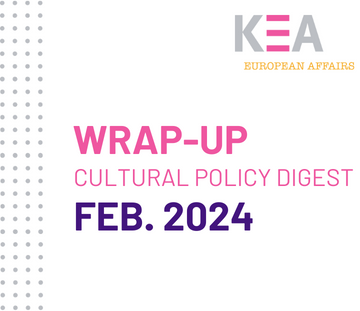
February saw the unveiling of the “2024 Annual Single Market and Competitiveness Report” by the European Commission, where insights into the future of CCIs emerged as a critical aspect of the broader policy landscape.
The Commission’s report underscores the pivotal role of digital technologies in driving competitiveness and sovereignty within the European Union. With the rollout and uptake of digital technologies being identified as essential drivers for economic growth, several funding instruments and legislative initiatives have been put in place to enhance digitalization efforts across various sectors.
The Digital Decade Policy Programme stands out as a collaborative governance framework aimed at supporting the EU and national authorities in achieving concrete objectives and targets by 2030. This comprehensive program focuses on areas such as digital skills, infrastructure, digitalization of businesses, and public services, highlighting the urgency of accelerating digital transformation efforts.
CCIs stand out among the top industries attracting digital tech startups, indicating a robust ecosystem ripe for innovation. Particularly, artificial intelligence-based startups are prevalent within CCIs. However, CCIs also face significant demand for moderate to advanced digital skills, with a high requirement for professionals in this domain. Despite these challenges, CCIs are actively embracing the digital transition, with over half of job advertisements within the sector requiring at least moderate digital skills.
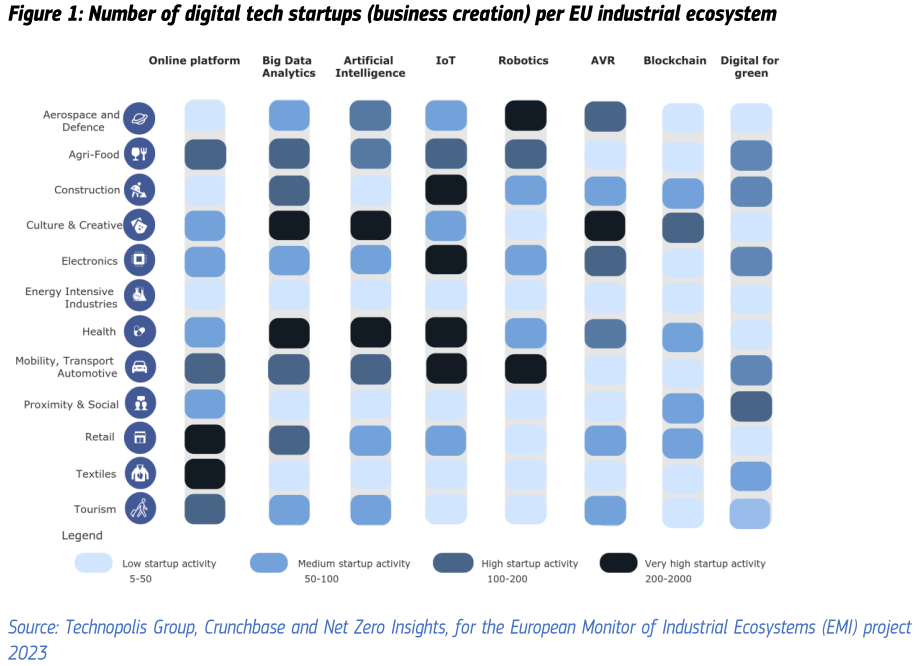
Investments in Research and Innovation
Looking beyond 2030, the Commission emphasizes the importance of long-term competitiveness, identifying investments in Research and Innovation (R&D) as one of nine critical drivers. While EU R&D expenditure has shown growth in recent years, it still lags behind other global players like the US, Japan, and China. Belgium leads the European rank in R&D investment, showcasing the need for concerted efforts to boost innovation across the continent.
In line with the Commission’s updated industrial strategy, which aims to foster sustainability, digitalization, resilience, and global competitiveness, CCIs remain at the forefront of innovation. Artificial intelligence-based startups are particularly prevalent within these industries, highlighting their commitment to embracing cutting-edge technologies.
Challenges and opportunities in digital transition
Despite the promising landscape, CCIs also face challenges in their digital transition. The demand for moderate to advanced digital skills remains high, with a significant portion of job advertisements requiring such expertise. This underscores the need for targeted initiatives to address skill gaps and ensure a smooth transition to a digital-first economy.
This week, the European Commission opened a new set of calls for proposals under the 2023-2024 Work Programmes of the Digital Europe Programme to strengthen digital capacities acros with a total budget over €176 million.
Cultivating Mental Health through Culture
The intersection of culture and health took centre stage as the first Open Method of Coordination (OMC) meeting on Culture and Health convened in Brussels on February 27-28, 2024. With more than 85 million EU citizens affected by mental health issues even prior to the pandemic, there’s a growing recognition of culture’s role in promoting physical, mental, and social well-being. The meeting aimed to facilitate knowledge exchange among Member States, exploring collaboration opportunities between cultural and health sectors to enhance access to culture and cultural rights as part of holistic health strategies.
Read our article on the theme here.
Advancing Cultural Diplomacy
A thought-provoking debate hosted by the Committee on Culture and Education (CULT) delved into the future of cultural diplomacy within the EU. Key speakers, including Mr. Stefano Sannino, Secretary General of the European External Action Service (EEAS), and Ms. Pia Ahrenkilde Hansen, Director General of DG EAC, emphasized the pivotal role of culture in fostering international dialogue, countering polarization, and promoting EU values on the global stage. Discussions highlighted ongoing initiatives such as the European Spaces of Culture pilot project and the action plan against trafficking in cultural goods, underlining the EU’s commitment to cultural diplomacy and international cooperation.
In conclusion, February has been a month of reflection and action. From promoting mental health through culture to advancing diplomatic efforts on the global stage, stakeholders are increasingly recognizing the transformative power of culture in shaping societies and building bridges across borders.






